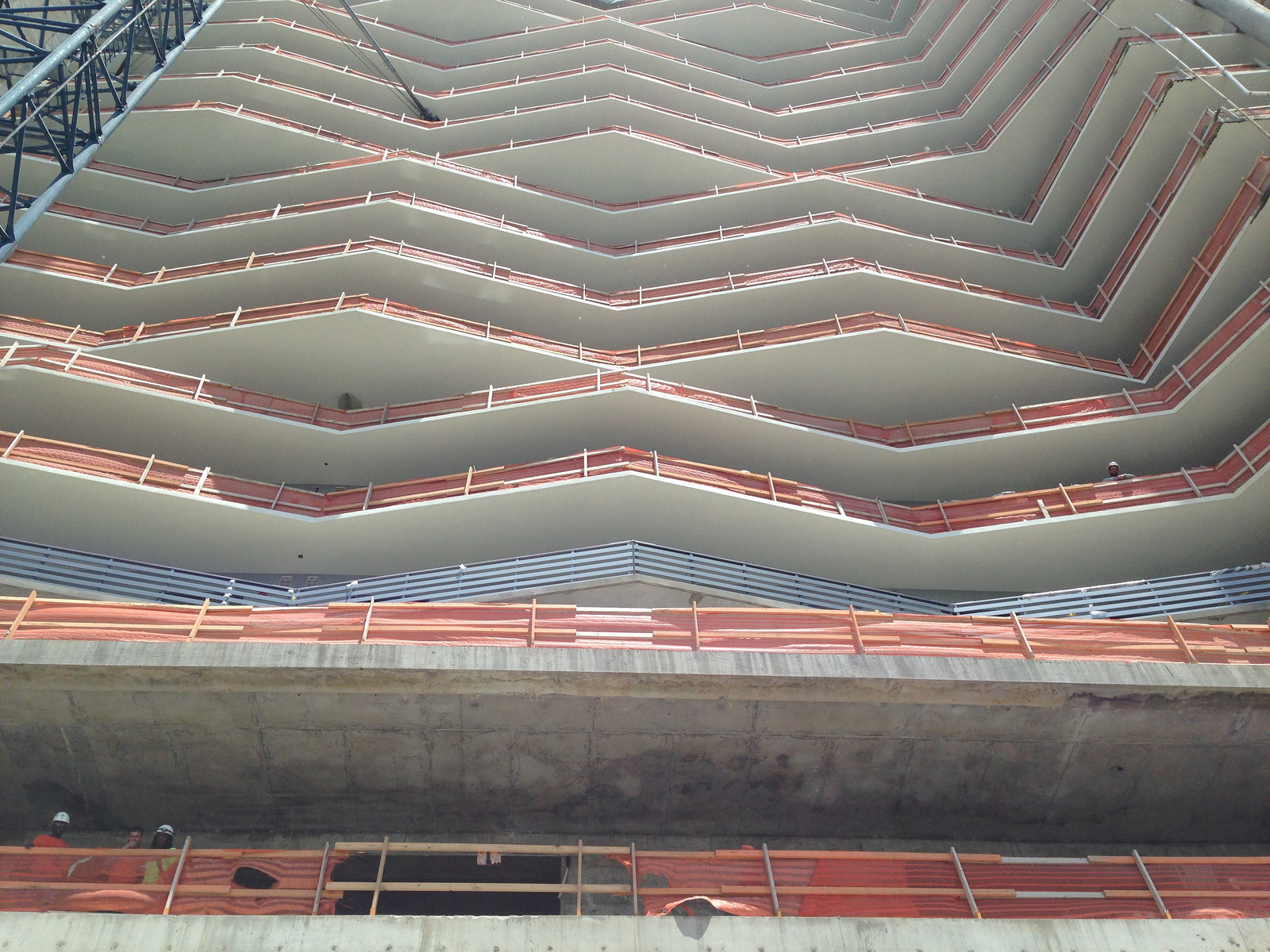B.C. Court Of Appeal Finds Costs To Remedy Damage Caused By Defective Workmanship Is Not Excluded By Workmanship/Design Exclusion
The British Columbia Court of Appeal recently confirmed in Acciona Infrastructure Canada Inc. v. Allianz Global Risks US Insurance Co. that a Workmanship/Design Exclusion does not exclude the costs to remedy damage caused by defective workmanship. The lower court decision was previously reported on in Covered. Acciona is the first case in Canada to consider the LEG 2/96, “Defects Exclusion” clause used in Course of Construction (“COC”) policies in Canada. While the outcome of this appeal decision is definitely pro-insured, the lasting impact of this decision will depend on whether the court’s reasoning is restricted to the unique facts of this case or applied more broadly to resulting damage claims generally.
Bullies And Their Parents Not Covered For Lawsuits Under Home Insurance Policy
In Unifund Assurance Company v. D.E., the Ontario Court of Appeal ruled that the parents of a school-age bully are not covered for their negligent supervision under their home insurance policy.
We recently reported on D.E. v. Unifund Assurance Company, a trial level decision where the Court declared that an insurer, Unifund, had to defend and indemnify parents of an alleged school-age bully. The decision was overturned and the Court of Appeal’s reasoning is precedent-setting and instructive to both insurers and policy holders.
Carefully Consider That Additional Insured Endorsement – It May Still Protect You!
The Ontario Superior Court of Justice recently held that an additional insured was covered by a policy, where there was no direct claim against the named insured, even though the coverage was limited to claims arising from the negligence of the named insured. The most common additional insured endorsements are generally speaking very restrictive in their application. As this case demonstrates, such an endorsement may still provide protection to an additional insured even where the plaintiff has no direct claim against the named insured.
Insurance Clauses: Priceless Or Worthless?
Contracts provide an ideal opportunity for the efficient allocation of risk, and insurance clauses can cover much of this ground, often with no concessions from your client. This opportunity can be lost when the clause does not really fit the particular transaction, or where the coverage is not available when later required. Even a carefully drafted clause may be worthless, if the parties do not turn their minds to how it will apply to the specific circumstances and avoid some common traps, as discussed below. For a more thorough discussion, please sign up for our upcoming CBA webinar “Negotiating and Drafting Effective Risk Allocation: Integrated Liability and Insurance Clauses” (Fall 2015).
B.C. Supreme Court Finds Workmanship/Design Exclusion Does Not Exclude Costs To Remedy Damage Caused By Defective Workmanship
The British Columbia Supreme Court recently released its decision in Acciona Infrastructure Canada Inc. v. Allianz Global Risks US Insurance Company, which considered for the first time in Canada the LEG 2/96 clause, a workmanship/design exclusion clause. The Court also re-affirmed a number of insurance interpretation principles, particularly in relation to Course of Construction (COC) policies, including the definition of “damage to insured property” and whether a loss must be fortuitous in order to trigger coverage
Broad Exclusions Do Not Apply Simply Because Peril Is In Chain Of Causation
The Ontario Court of Appeal recently held that a broad contributing cause exclusion does not apply simply because an excluded peril was included in the chain of causation. In O’Byrne v. Farmers’ Mutual Insurance Co., negligence of the insured’s tenant set in motion a chain of events ultimately leading to an oil spill after a furnace broke down. The “all risks” policy included an exclusion for “loss or damage directly or indirectly caused by, resulting from, contributed to or aggravated by: …e) centrifugal force, mechanical or electrical breakdown or derangement…” The insurer argued that since the furnace broke down, the loss was due to multiple causes including “mechanical derangement” of the furnace. The Court disagreed and looked at the evidence to determine the real cause of the loss.






